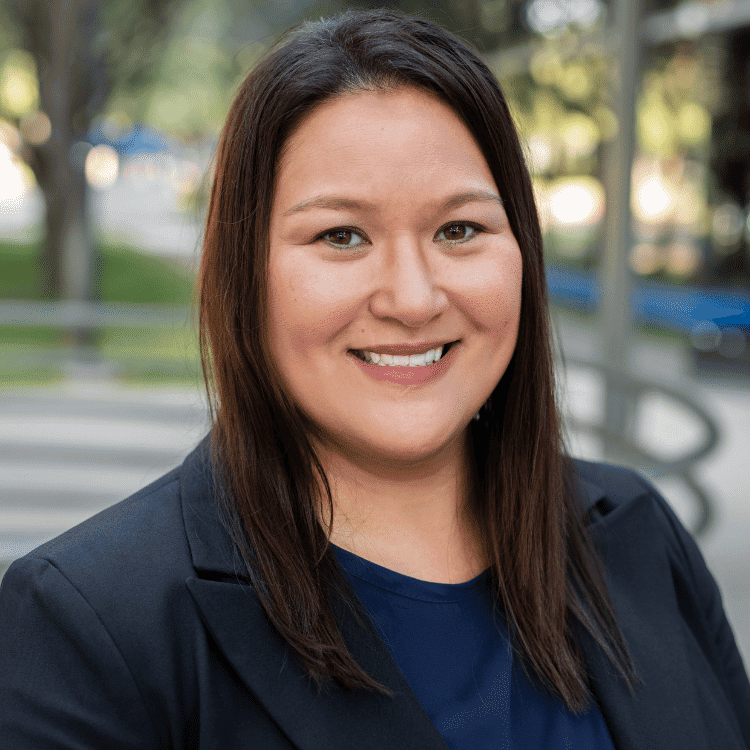How Does the IRS’s New 2027 Transition Extension Impact Your R&D Tax Credit Refund Claims?
For eligible businesses, the federal Research & Development (R&D) tax credit can provide an immediate and significant tax savings. However, the process for claiming the credit is different from other federal incentives. It requires the taxpayer to pass a four-part test which determines whether reported research activities and expenses satisfy requirements. There must be sufficient documentation (which can be extensive) included to substantiate the claim. It is a complicated process underscored by the strict rules the IRS uses when reviewing these filings which includes the ability to reject submissions when incomplete.
However, to make the process easier the IRS has extended until January 10, 2027. a transition period to allow a claim to be perfected. There is also a reduction in the essential information which must be submitted including information on business components, related research activities, and total qualified expenses. These changes bring simplification and clarity to the R&D refund process. To help clients, prospects, and others, JLK Rosenberger has provided a summary of the key details below.
What is a Perfected Refund Claim?
A refund claim is considered “perfected” when all the required information has been provided to the IRS, even if it’s submitted after the initial filing. If a taxpayer files a refund claim missing some required elements, the IRS allows additional time to perfect (or complete) that claim by submitting the missing documentation. Specifically, taxpayers have a 45-day window from the date of the letter from the IRS to correct or submit any additional detail requested. This is different than the IRS accepting the refund claim. It is strictly procedural and allows taxpayers an opportunity to fix any issues to comply with filing requirements. After January 10, 2027, deficient refund claims will simply be denied without an opportunity to appeal if proper documentation and detail is not provided.
Who Can File an Amended Return?
Any eligible taxpayer who meets the four-part test can file a Federal amended tax return for up to 3 years back from the extended filing date or timely file date. This means if you filed a tax return for tax year 2022 on 09/08/2023, you have until 09/08/2026 to amend the tax return. Whereas if you are an S-Corp that filed your tax return on 02/25/2023, you would have until 03/15/2026 to amend the return.
What is required to file the R&D Tax Credit on an amended return?
The IRS has streamlined the documentation requirements for refund claims involving the R&D Tax Credit under Section 41 for returns filed after June 18, 2024. With the change, taxpayers are no longer required to include the following two pieces of information when submitting a refund claim:
- The names of the individuals who performed each research activity, and
- The information each individual sought to discover.
While these two items have been waived at the time of filing, the IRS may still request them if the claim is selected for examination.
The Three Required Elements for Refund Claims:
Taxpayers must continue to provide three key pieces of information when filing an R&D credit refund claim. These include:
- Identify all business components to which the Section 41 research credit relates for that year.
- For each business component, identify all research activities performed.
- Provide total qualified research expenses- including employee wages, supply expenses, and contract research costs- for the claim year.
This may be done using Form 6765, Credit for Increasing Research Activities.
We’re here to help
Are you ready to learn how R&D tax planning strategies can benefit you? JLK Rosenberger can help determine if your company qualifies for the R&D Tax Credit, provide you with an estimate, and identify the years that would be most beneficial for amending. We can also help with calculating State R&D Tax Credits and ensuring you are maximizing any benefits available to you under Section 174. For additional information, call 972-931-6803 or click here to contact us. We look forward to speaking with you soon.










